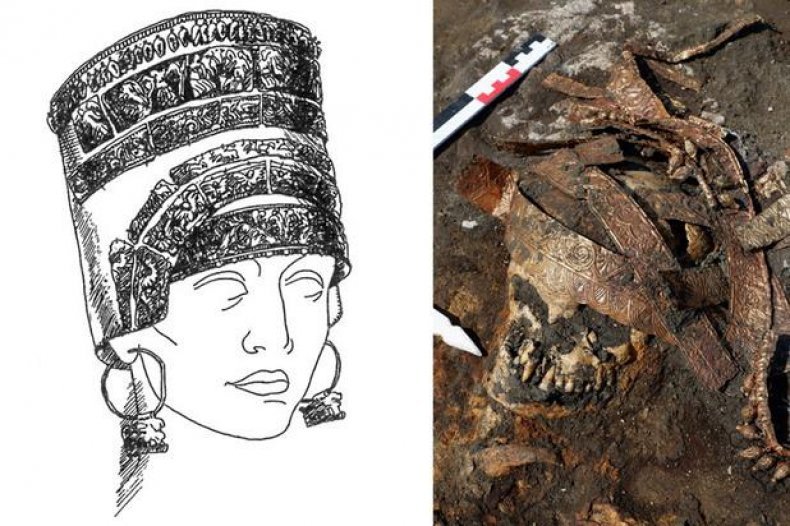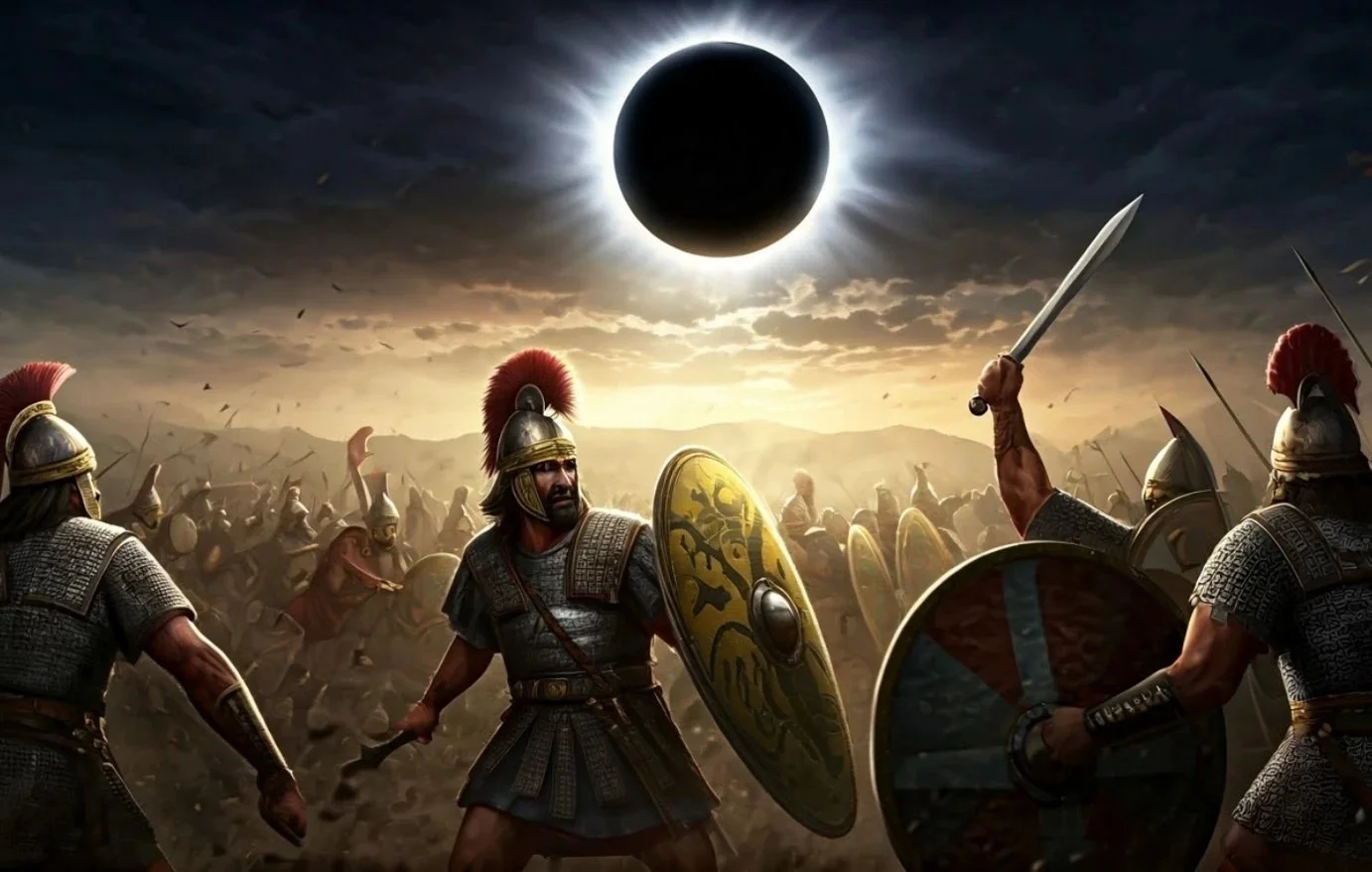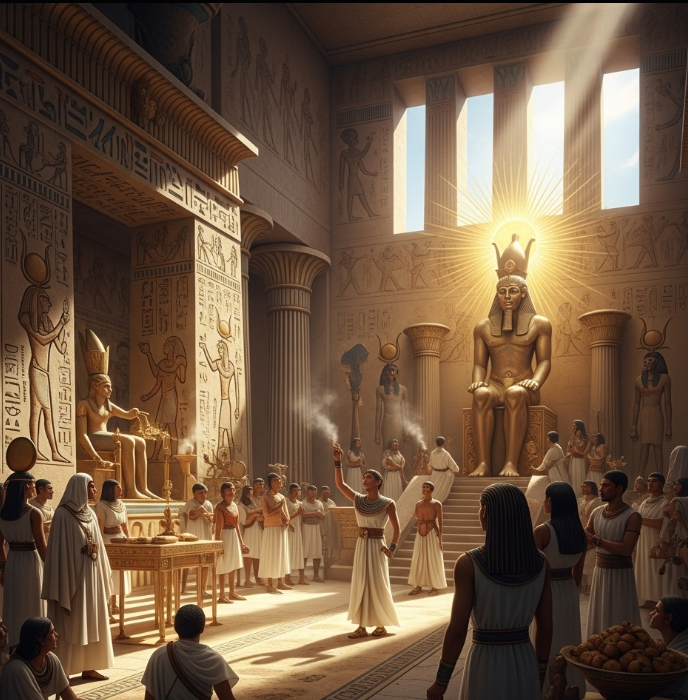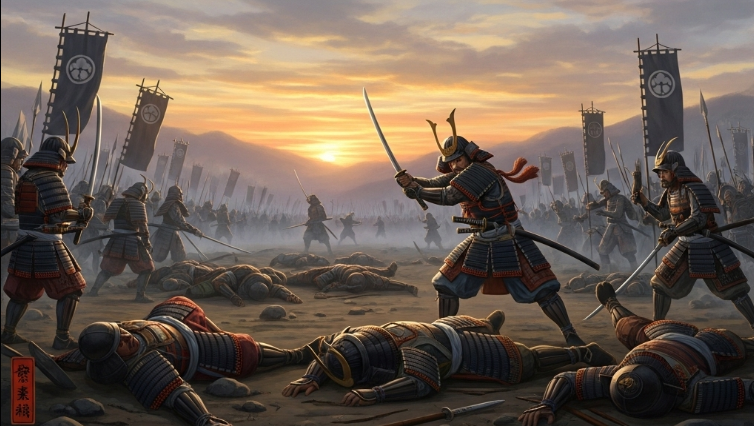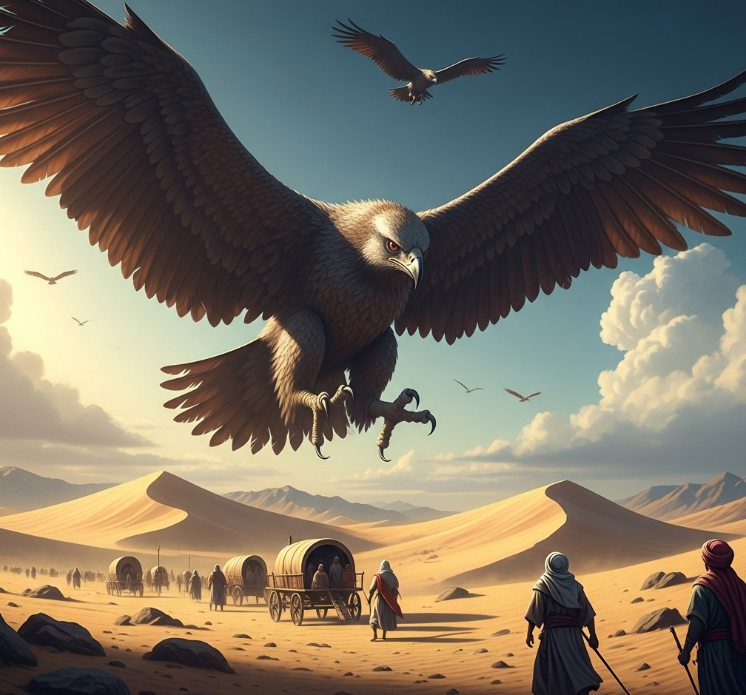Archaeologists excavating the Middle Don burial ground of Devitsa V in the Ostrogozhsky District of the Voronezh region, Russia, have discovered a unique silver plate depicting winged Scythian gods and griffins.
The site, which contains 19 burial mounds, was discovered in 2000 and has been the subject of excavations led by the Archaeological Institute of the Russian Academy of Sciences since 2010. Several other significant discoveries have been made over the last decade, including a barrow containing a female warrior in 2019.
The silver plate discovered during the 2021 field season was found inside Mound 7, located in the central part of the cemetery. The main burial in this mound dates to the 4th century BC and belonged to a man in his forties. The tomb had been plundered by grave robbers in antiquity, but several rich grave goods survived thanks to the collapse of the roof during the robbery. Among the objects buried with the man were an iron knife, a horse rib, a spearhead, and three javelin heads, as well as fragments of horse harnesses, a moulded cup, a large, black-glazed vessel, and the jaw of a young bear, thought to be related to the presence of a bear cult in the Scythian Middle Don culture.
The square silver plate, which measures 34.7cm long and 7.5cm wide in the middle, was found in the northeast part of the grave, away from other the items. It appears to have originally been connected by small silver nails to a wooden base, although this has now been almost entirely lost. The central section of the plate depicts a winged figure wearing a horned headdress or crown, thought to be the goddess of animal and human fertility: Argimpasa, Cybele, or the Great Goddess, surrounded by eagle-headed griffins.
The figures are depicted in a style that combines the traditions of Asia Minor and ancient Greece, resembling finds from other Scythian barrows in the Northern Sea region, Dnieper forest-steppe region, and the Northern Caucasus. The left side of the object is made up of two square plates decorated with depictions of syncretic creatures (combining features from several different species) in a heraldic pose. On the right, two round buckles are attached to the plate, each depicting an anthropomorphic figure wearing a crown, flanked by two griffins.
At present, it remains unknown who these figures represent and what kind of object the plate originally adorned, but it is nonetheless a significant discovery as the site of Devitsa V has not yet produced any other depictions of gods from the Scythian pantheon, and it is unusual to find an object like this so far to the north-east of the main Scythian centres.



